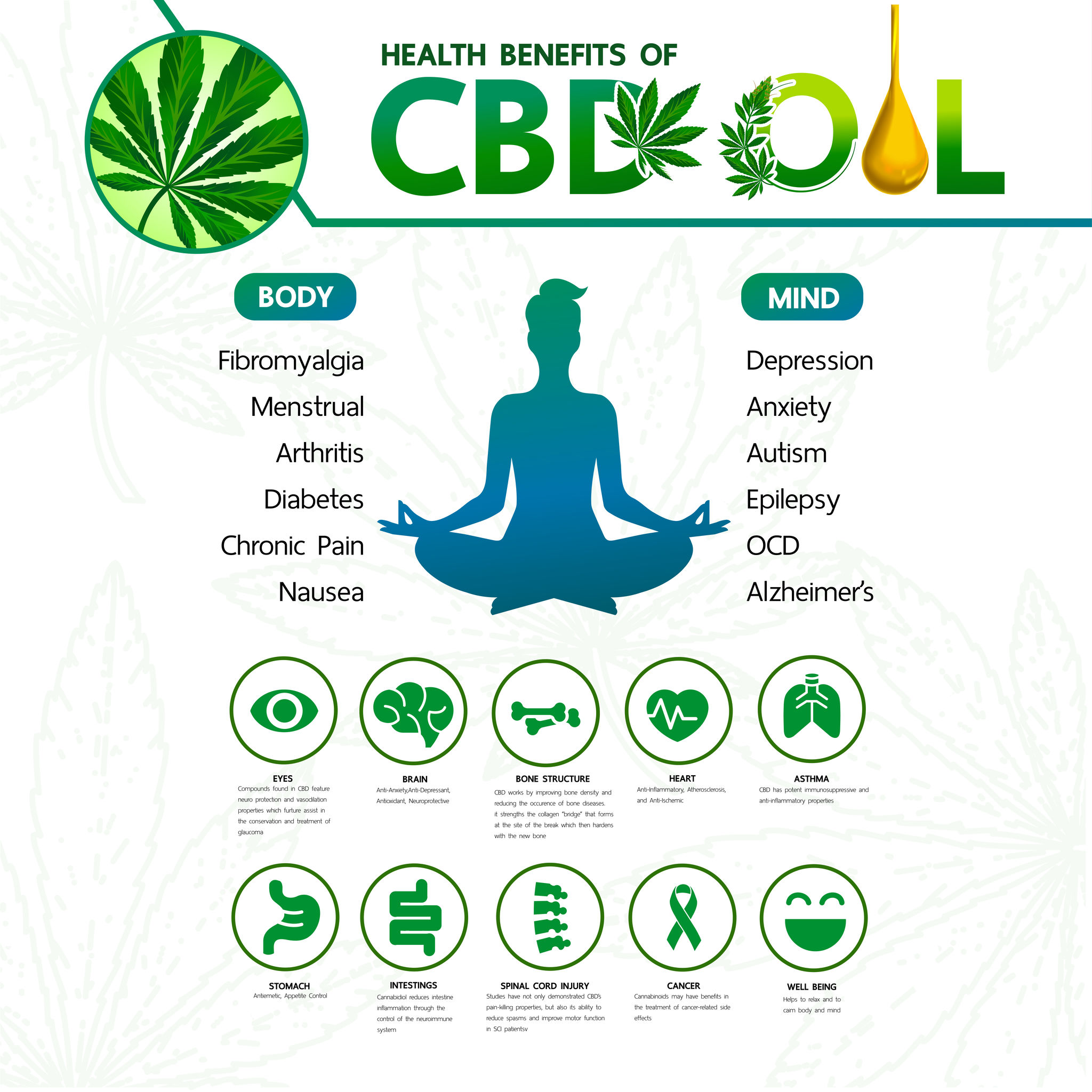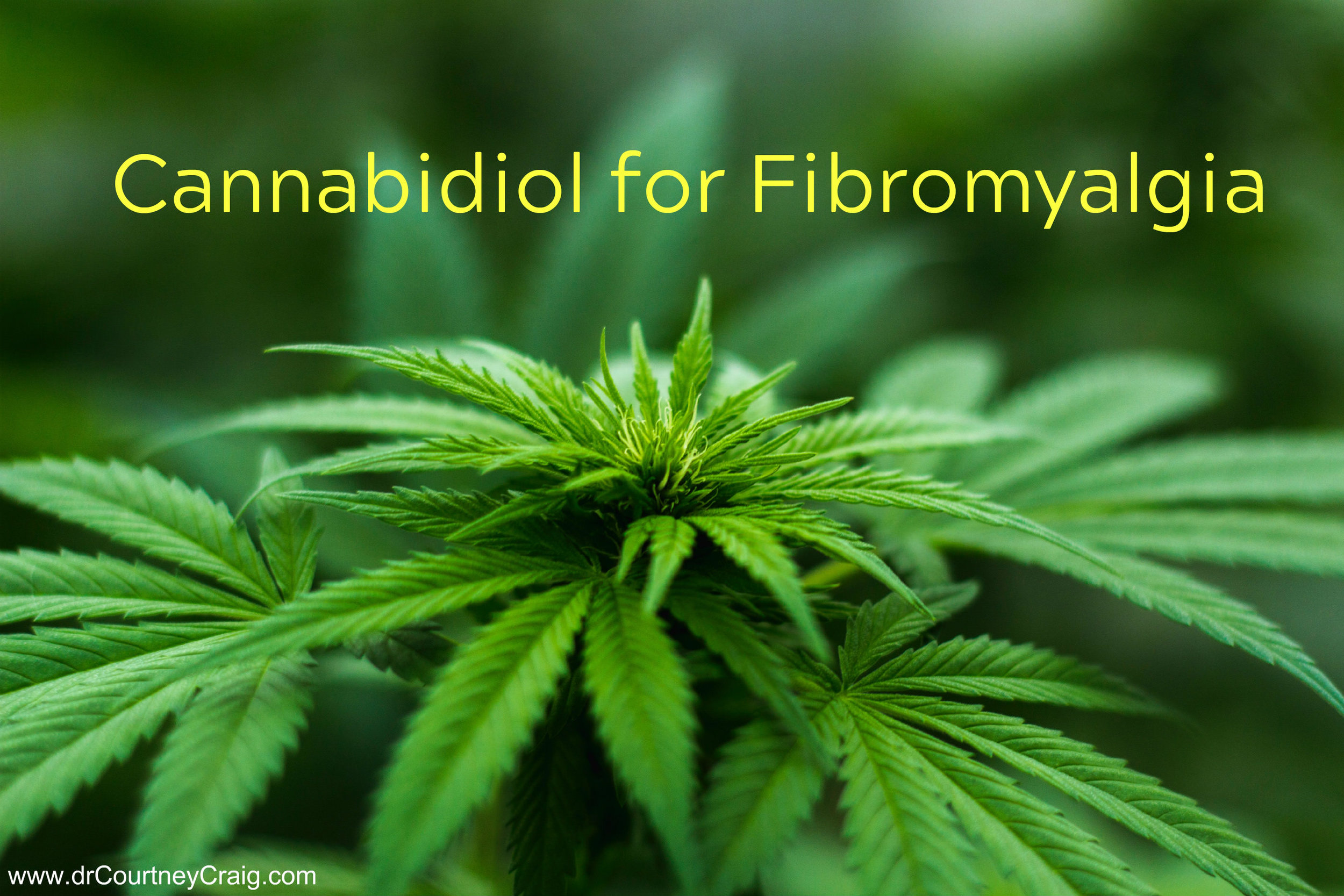
CBD can help with a number of common health problems. It is an anti-inflammatory, pain relief, and blood pressure lowering agent. But, it is still not clear how CBD works to treat these ailments. This article will provide you with some information about the compound. It may interest you to learn more about its potential applications for humans.
Cannabidiol
Cannabidiol (CBD), a naturally occurring compound, interacts with the human body’s endocannabinoid systems. This system regulates many important bodily processes, including the production of neurotransmitters and hormones. It releases molecules called endocannabinoids, which attach to receptors in the body's cells. These compounds act on the body's neurons to modulate a variety of processes, including growth and differentiation.
Cannabidiol and CBD have been linked to a number of ailments, and they may be beneficial to those suffering from depression or anxiety. The compound can also be used for pain management. People who suffer from inflammatory conditions, such as Parkinson's disease, may also benefit from CBD.
Chinese believe CBD is anti-inflammatory and pain relieving. This is the reason why so many scientists are studying CBD. It has been linked to a higher immune system, and improved mood. CBD effects can also be expected to last a long time.
CBD increases brain signalling. It has been associated with reduced schizophrenia symptoms. Researchers believe that this effect may be related to the inhibition of anandamide deactivation. GW Pharmaceuticals conducted a study in 2014 that used CBD as a supplement to antipsychotic drugs.
Cannabidiol also has been approved for epileptic patients to treat seizures. It is now widely available on the NHS in the UK. This compound has been approved as the first medicine to be used in the UK. Although cannabidiol is not psychoactive or euphoric, it decreases the severity of seizures by interacting with the endocannabinoid system.
Pain reliever
The cannabis plant produces CBD, which is a natural painkiller. You can find CBD in many forms: oils, edibles, and pills. CBD works in the body for between 20 and four hours. CBD oils, which are concentrated forms of CBD, are used commonly as pain relievers.
CBD acts by altering the body’s endocrinoid system. This system regulates sleep, mood and reproduction. It helps to relax the body, lower anxiety, regulate sleep, and regulates it. It is used for chronic pain treatment because of its many benefits.
CBD works by activating the CB2 receptors in the ECS, which help your body manage pain. These receptor deficiencies are associated with a variety of diseases and conditions such as migraines, fibromyalgia, and other disorders. Cannabinoids can also be used to reduce pain thresholds and prevent the formation of inflammatory particles. These compounds are similar to nonsteroidal anti-inflammatory drugs (NSAIDs), which work by blocking the enzyme that produces prostaglandin.
There have been studies that CBD and cannabis can help with pain management. Even though CBD isn't regulated, it has been proven to be less painful for chronic pain. Research has shown CBD to have positive effects on inflammation, appetite and mood.
CBD and cannabinoids are produced by the body, and they attach to receptors in the brain. These receptors are believed to play a role in inflammation and pain perception. However, the exact mechanism that CBD provides pain relief is still being investigated.
Anti-inflammatory

CBD is an antiinflammatory compound because it inhibits the expression pro-inflammatory mediators in the human body. CBD inhibits adenosine equilibrated nocleoside transporter 1, (ENT1), in mice. This results in the inhibition of IL-8 and TNF-a expression. CBD also inhibits the reuptake and production of TNF-a.
Inflammation of the musculoskeletal system leads to a wide range of musculoskeletal problems. These include tendonitis (arthritis), osteoporosis (bone loss), fibromyalgia, autoimmune diseases, and tendonitis. Chronic inflammation of the musculoskeletal system may cause stiffness and decreased ability to complete basic tasks. CBD can help relieve these conditions by improving the function of the skeletal muscles.
Additional therapeutic benefits may be obtained by adding CBD to bath oils. CBD baths have been proven to reduce pain, inflammation, and promote relaxation. They can also treat minor skin conditions. CBD oil cannot penetrate the skin to enter bloodstreams, but it can interact with CB2 receptors.
Multiple sclerosis is another potential use for CBD. This neurodegenerative disorder is characterized by inflammation and damage to the central nervous system. Preclinical research has shown CBD to be effective in protecting nerves, and rebuilding neural tissue. It has also recently been evaluated for use in allergic contact dermatitis, which results in hives, swelling, and itching. Although CBD has been shown to decrease inflammation, more research is required to confirm its use in this condition.
There are many pathways where CBD interacts with the brain. It is known to activate the vanilloid receptor channel TRPV15 which regulates inflammation, pain, temperature, as well as temperature. These interactions are thought to provide CBD's anti-inflammatory properties in the central nervous system. CBD interacts also with the PPARy, which is thought to be crucial for CBD's anti-inflammatory effects.
Blood pressure reducer
CBD is a nonpsychoactive cannabinoid that is increasingly being explored for its potential as a blood pressure reducer. CBD is believed to lower blood pressure by reducing the heart rate-induced rise. CBD isn’t intoxicant. However, it is a powerful supplement which can have a profound influence on your overall health.
CBD is a potent antihypertensive, and it has multiple functions. One function of CBD is its ability to reduce anxiety levels and stress. These are the two main causes of high blood pressure. CBD can improve sleep quality and mental focus, which are two characteristics that are linked to lower blood pressure.
These benefits aside, there is not enough evidence to support CBD's blood pressure lowering role. Some preclinical studies show that CBD has a positive effect on blood pressure and the body's response to stress. In humans, this effect has not been confirmed, but researchers hope that it will be a useful tool in the future for reducing high blood pressure.
CBD has also been shown to interact with a number of prescription drugs. Particularly, CBD has been shown not to affect the blood pressure regulator cyp3a4. CBD can also interfere with blood pressure medications, making CBD contraindicated.
Although CBD does not appear to have any effect on blood pressure, there are some indications that CBD can increase mood. Research suggests that CBD's brain activity may be able to help people deal with stress and improve mood. CBD oil could have an impact on blood pressure. To fully understand these interactions, more research is needed.
Acne treatment

CBD is a great treatment for acne. First, it has antibacterial and anti-inflammatory properties. It's suitable for all skin types. You can easily incorporate it into your routine. It won't cause any problems with products you already use. CBD's oily properties won't block pores like other creams.
CBD has been proven to be an effective treatment for acne. It is safe for all ages, non-toxic, vegan, has no animal testing, is paraben-free and does not contain animal by-products. It is also made in USA. It is worth looking into.
Acne can affect many people. Hormonal acne can be difficult to treat for some people. Cystic bumps under the skin is an indicator of hormonal acne. Because these lumps are difficult to treat, patients often turn to oral medication to correct their hormonal imbalance. CBD oil may also help hormonal acne sufferers.
CBD may be able also to regulate the production and use of sebum (an oily, waxy substance that is secreted by the skin glands). Accumulated sebum can lead acne and cause scarring. The key to controlling acne with CBD is to keep skin clean and oil-free. It can regulate oil production and reduce inflammation.
CBD can be used to treat acne and reduce scarring. It can help reduce acne scarring, as well as the itching caused by acne. CBD is an anti-inflammatory that promotes the growth of healthy tissues.
FAQ
What does the future hold for the CBD Industry?
The future of the CBD industry is bright. It's easy for people to get on board with this sector. With CBD products making up over $1Billion worldwide, it's easy for people to see why this market has grown exponentially.
According to Statista, worldwide sales of cannabidiol (CBD), are expected to hit $22.4 billion in 2019. This represents a nearly 200% increase over 2018!
The CBD market is also predicted to grow at a compound annual growth rate of 22.5%, which equates to nearly $6.8 billion in revenue by 2022.
This is great news both for those looking to enter the market as well as existing companies. However, the CBD market is still in its infancy. This means that there will be challenges.
Which countries produce the highest quality CBD?
The United States is home to the greatest number of CBD products.
High-quality CBD products are also being produced in Canada, Australia and New Zealand.
Can I use CBD during pregnancy?
The research on CBD use in pregnancy is still lacking.
However, the little information available suggests that CBD is unlikely to cause harm to the baby.
Pregnant women should not take CBD unless their doctor has recommended it.
The Food and Drug Administration has issued a warning regarding potential risks of CBD use during pregnancy.
FDA says there is evidence that cannabis usage during pregnancy can increase miscarriage risk.
According to the agency further research is required before any firm conclusions can be reached.
How big does the global CBD market look?
The global CBD market was valued at $US 3.5 billion in 2015, according to Euromonitor International. This is more than 10% higher than 2014
The report predicts that this figure will grow by 12% annually to $US6.4 billion in 2020.
CBD products will make up around half of all products derived from hemp by 2020.
This includes CBD oils.
Where can I find CBD products?
CBD can be purchased online or in local shops. Online retailers offer better deals. Many websites offer CBD products that are made from industrial hemp. This product contains less than 0.3% THC.
If you prefer to shop locally, look for brick-and-mortar businesses that specialize in selling CBD products.
Many states now have laws allowing consumers to buy CBD products without a prescription. If you live in one of those states, you may be able to buy CBD products at your local pharmacy.
You may even be able to get CBD products delivered directly to your door.
How can CBD products be successfully promoted by companies in a regulatory-compliant way?
The FDA does not regulate hemp as an agricultural commodity. However, the agency regulates all other cannabis derivatives (e.g., marijuana) under the Controlled Substances Act. To date, there are no specific regulations for CBD.
CBD is legal in 29 states. However, federal law still considers CBD illegal. This uncertainty is a problem for CBD-product sellers.
The FDA has specific guidelines on how CBD products must be marketed. The FDA requires that all CBD products clearly disclose their THC content. Without supporting scientific evidence, CBD cannot be claimed to treat certain medical conditions.
Additionally, the FDA requires manufacturers submit information about manufacturing practices and quality control. They also require companies to conduct clinical trials to prove safety and efficacy.
When developing their own marketing strategies, companies should take into account these points.
Which CBD products are most popular?
CBD products can be found all over these days. They can be used for anything, including pain relief or anxiety. This market is large and growing quickly.
But for what purpose do people buy CBD? And what does it mean for you, as a brand owner?
Statista says CBD products are popular for their relaxing properties. They can also be used to treat inflammation.
This means that products with both CBD or THC can be sold both for recreational and medicinal purposes.
But what about brands that only focus on one specific purpose? If a company sells CBD to relieve stress, it will be the only one that is competitive.
Also, if a brand is focused on CBD for medical reasons, it will have large customers.
If a brand wishes to reach recreational users, they must create a unique selling point (USP). A USP is basically a feature or benefit that sets a brand apart from competitors.
Some brands offer free shipping while others offer bulk discounts.
Statistics
- While the primary injury may not be treatable, interventions that attenuate secondary sequelae are likely to be of benefit [203].Only one study (ncbi.nlm.nih.gov)
- As a substance that was federally illegal before the passage of the 2018 Farm Bill, hemp-derived cannabinoids with no more than 0.3% THC still face a regulatory grey area. (forbes.com)
- A recent study [161] also found that in vitro CBD treatment (i.e., ≤ 2 h exposure to 10 μM) induced ~40% vasorelaxation in isolated (pre-constricted) (ncbi.nlm.nih.gov)
- The use of these products is likely to become even more widespread if the World Health Organization's recommendation that CBD no longer is scheduled in the international drug control conventions is adopted by the United Nations member states [201]. (ncbi.nlm.nih.gov)
- HR −16 mmHg; 95% CI −26, −6; I2 = 92%) (ncbi.nlm.nih.gov)
External Links
How To
How to Get Certified for Selling CBD Products
CBD (cannabidiol), is one of hundreds of cannabinoids in cannabis plants. It's been used medicinally throughout history, including traditionally in China, India, and many South American countries. The ability to treat conditions such anxiety, pains, epilepsy, and inflammation has made CBD products extremely popular in recent times. The U.S. does not have an official certification program yet for CBD products. Therefore, anyone wanting to make a living selling CBD products must rely on their "unofficial" self-certification.
There are two ways to go about this. The first option is to join a canna business association. By joining a local association of canna-business owners, you will be able to learn from others and receive support and advice. There are many associations in the country. There are two options. The first is to open an online business. Online canna-businesses are now allowed in most states. If your state allows online canna-businesses, you can immediately set up a website and begin accepting orders. However, registration is required with your state Department of Public Health. After you have registered, you can apply for a license from your state's Department of Public Health. Once you receive your license, you're officially allowed to open your store and begin accepting orders.